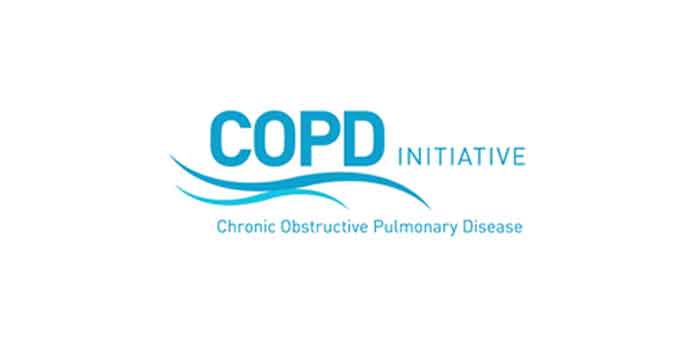In the early stages of COPD, there may be no noticeable symptoms, but COPD worsens over time.
What are the signs and symptoms of COPD?
- Shortness of breath
- Chronic cough with or without mucus
- Wheezing and chest tightness
If you think you may have COPD, see your health care provider so a diagnosis can be made. A simple breathing test called spirometry can diagnose COPD. Once COPD is diagnosed, your health care provider can help determine an action plan to control your COPD.
How can you prevent COPD?
Smoking is the most common cause of COPD, which can occur in current and former smokers. Long-term exposure to indoor and/or outdoor air pollutants, including second-hand smoke, can also cause COPD. In some cases, COPD may be caused by alpha-1 antitrypsin deficiency, a genetic condition.
To help prevent COPD, quit smoking immediately. If you don’t smoke, don’t start! When possible, avoid exposure to secondhand smoke and other things that can irritate your lungs, such as dust and fumes.
How is COPD treated?
Treatment for COPD will depend on how severe the disease is. Treatment may include medications, pulmonary rehabilitation, oxygen therapy and/or surgery.
For more information, visit www.lungchicago.org or call 800-880-LUNG (5864). For information on events related to COPD Awareness Month, click here.
Written in proud partnership with Respiratory Health Association of Metropolitan Chicago.

